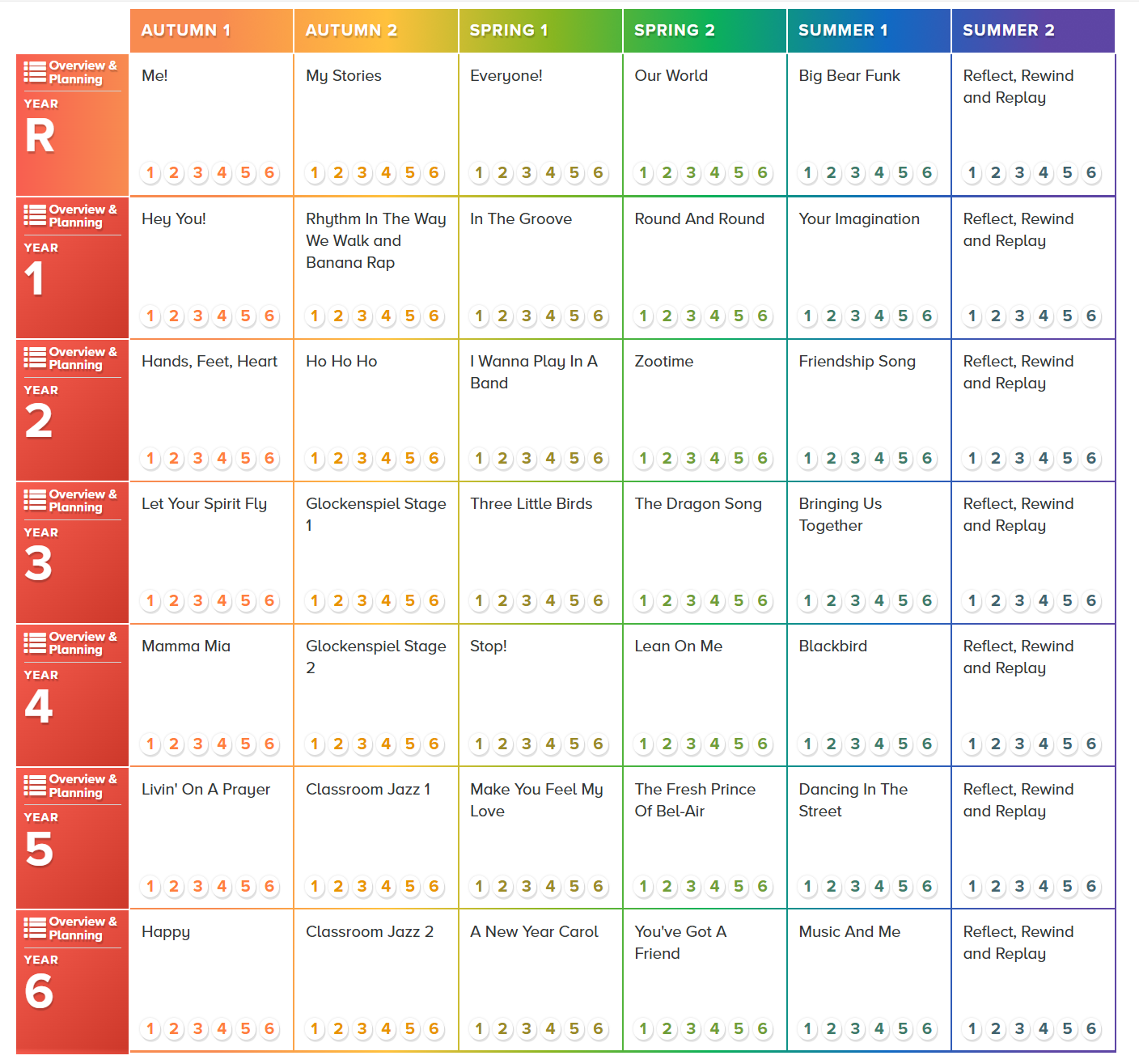Music
Intent
At Cottingley Village Primary School, our music curriculum aims to inspire and engage our children to develop their love of music and their talents as musicians. In addition to this we also aim to increase skills as performance through developing their self-confidence, expression, creativity, and sense of achievement.
We aim to provide all our children with a range of opportunities to develop their critical engagement with music and allow them to compose by experimenting with different instruments and technology to embed their creative processing. The children are exposed to a wide variety of genres and both historical composers and modern musicians so that they can develop their own opinion and musical preference. We make music an enjoyable learning experience and encourage children to develop an appreciation of the importance of music in society and within different cultures respectfully. We focus on developing the skills, knowledge and understanding that children need to become confident performers, composers and listeners.
Music brings together our school community and is important to us that our children are inspired to develop a lifelong love of music by exposing them to a diverse range of musical experiences whilst igniting their passion for music.
Implementation
At Cottingley Village Primary School, we teach music through the Charanga Scheme. Music is timetabled weekly from year 1 to year 6 and incorporated across the curriculum in E.Y.F.S.
Home – Bradford Music & Arts Service
Musical skills and knowledge are progressive, ensuring that the children revisit and build upon the skills they already have whilst being introduced to new musical concepts. Following the Charanga scheme also supports the school to deliver an integrated, practical, exploratory and child-led approach to musical learning. Musical concepts are also taught through a repetition-based approach to learning. Learning about the same musical concept through different musical activities enables a more secure, deeper learning and mastery of musical skills.
In our school, the music curriculum ensures that all children are taught opportunities to:
- Perform, listen to, review and evaluate music across a range of historical periods, genres, styles and traditions, including the works of great composers and musicians.
- Learn to sing and to use their voices to create and compose music, on their own and with others, whilst ensuring the experience using a range of musical instruments and technology appropriately.
- Understand and explore how music is created, produced, and communicated, including through the interrelated dimensions: pitch, duration, tempo, timbre, texture, structure and appropriate musical notations.
Each Unit of Work comprises the of strands of musical learning which correspond with the national curriculum for music:
- Listening and Appraising
- Musical Activities
- Warm-up Games
- Optional Flexible Games
- Singing
- Playing instruments
- Improvisation
- Composition
- Performing
During this sequence, children are provided with music-specific vocabulary which enables them to discuss musical pieces with others effectively and understand how and why music is composed. This leads children on to appreciating and evaluating a musical piece, before using this as inspiration to create their own music. The elements of music are taught so that children have an embedded understanding of the different range of musical types and instruments. Children learn how to play a variety of untuned and tuned percussion instruments. In doing so, the children understand how Music is composed and the use of notation in recording their compositions. Children will then evaluate their own compositions using a range of different written and verbal ways. Children’s work is evident in floor books and recorded compositions on Google Drive.
It is important that music is taught in a fun and inspiring way which engages the children with songs, lyrics, hidden meanings and movement. We motivate children to feel able to be reflective, expressive and creative, whilst developing their own appreciation and preference for music.
Impact:
Through quality first teaching of music at Cottingley Village Primary School, our children have been exposed to opportunities to forge their own musical journey with their own preferences and tastes. The children will develop a rich awareness of different musical types and a respect for the cultural and historical importance of music.
Children will be able to use their voices expressively to perform solo and in ensembles. They can play tuned and untuned musical instruments with increasing accuracy, fluency, control and expression. They will use notation to record their compositions. Children will develop their aural memory through listening to high quality live and recorded music with attention to detail. They can appreciate this music in both verbal and written form drawn from different traditions and from great composers in turn developing their understanding of the history of music.
Relevant Documents
You can find our Music Development Plan here.
Curriculum documents:

Year 1 Knowledge and Skills
Year 2 Knowledge and Skills
Year 3 Knowledge and Skills
Year 4 Knowledge and Skills
Year 5 Knowledge and Skills
Year 6 Knowledge and Skills
Vocabulary
